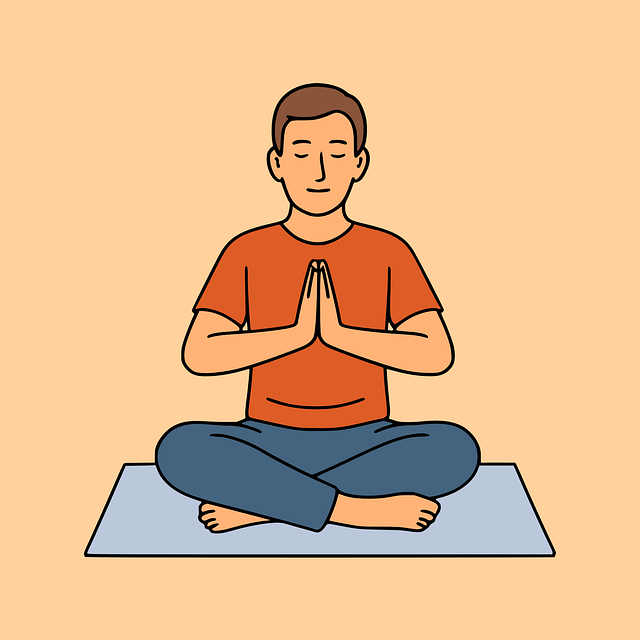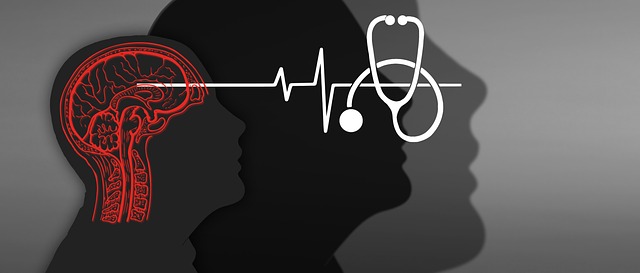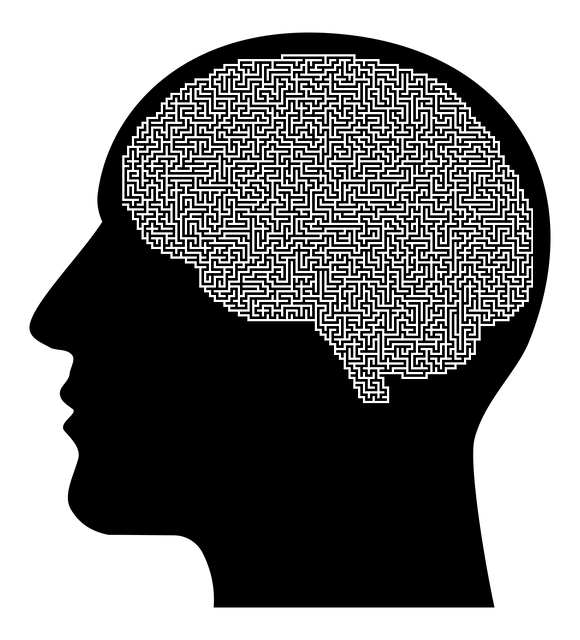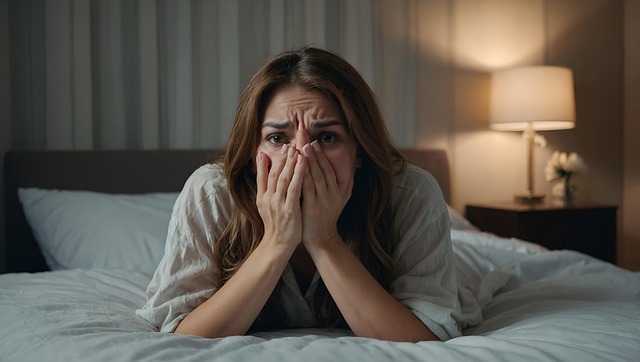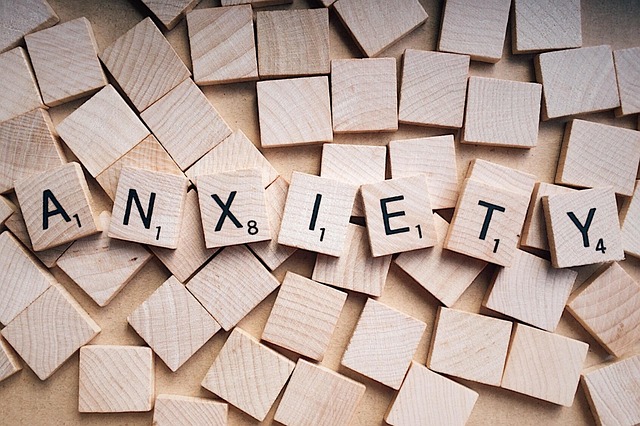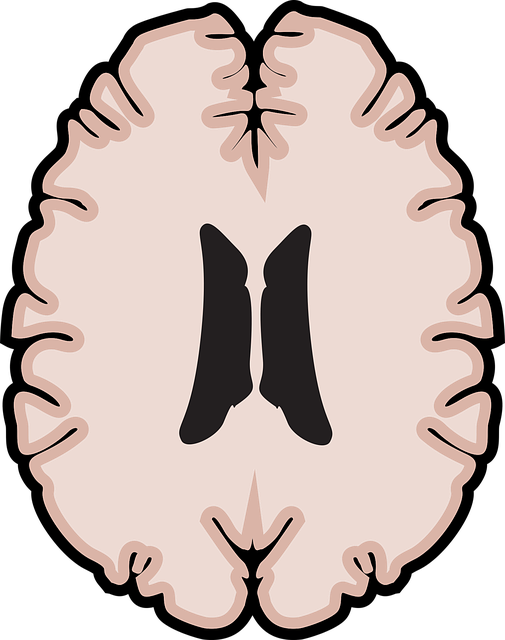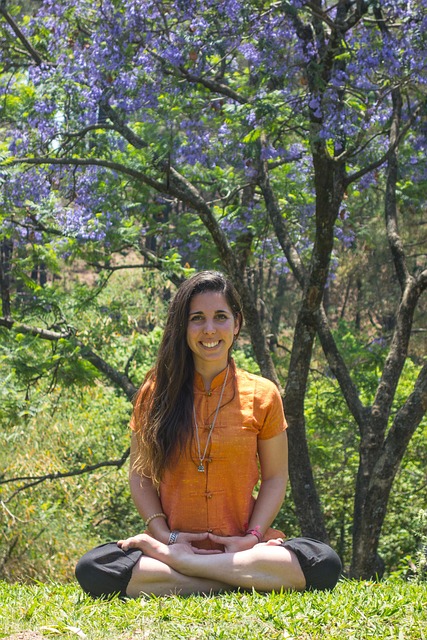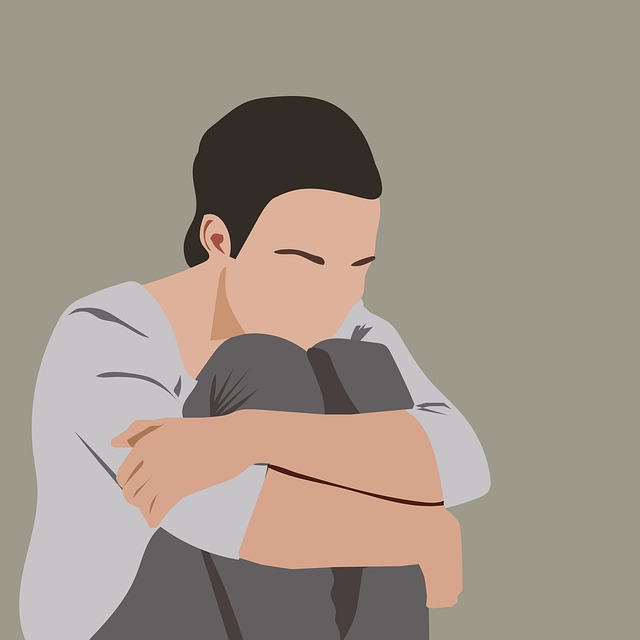Anxiety, especially Persistent Post-Traumatic Stress Disorder (PTSD), can be overcome through a multifaceted approach. Recognizing various forms of anxiety, understanding triggers, and employing strategies like exposure therapy, mindfulness, social skills training, and lifestyle changes are vital. Littleton Post-Traumatic Stress Disorder Therapy offers specialized support, combining effective treatments with self-care practices to manage symptoms and enhance overall well-being.
Anxiety is a common struggle, affecting millions worldwide. In this comprehensive guide, we explore effective management techniques to combat anxiety and its impact on daily life. From understanding the root causes to powerful therapeutic approaches like Cognitive Behavioral Therapy (CBT) and Exposure Therapy, we provide insights into overcoming fears. Additionally, learn about mindfulness practices, lifestyle adjustments, and even strategies for post-traumatic stress disorder (PTSD) in Littleton, enhancing overall mental well-being.
- Understanding Anxiety and Its Impact
- Cognitive Behavioral Therapy (CBT): A Powerful Tool
- Exposure Therapy for Overcoming Fears
- Mindfulness and Meditation Techniques
- Lifestyle Changes for Better Mental Health
Understanding Anxiety and Its Impact

Anxiety is a natural response to stress, but when it becomes overwhelming and persistent, it can significantly impact an individual’s daily life. It’s important to recognize that anxiety manifests in various forms, from generalised anxiety disorders to more severe conditions like post-traumatic stress disorder (PTSD). In Littleton, trauma therapy services are readily available to help individuals manage these conditions effectively.
Understanding the triggers and patterns of anxiety is crucial for its management. Many people find that communication strategies, such as talking to a therapist or trusted friend, can help them process their feelings and gain new perspectives. Additionally, burnout prevention techniques, like setting boundaries and prioritizing self-care, are essential tools in managing anxiety. Trauma support services also play a vital role in helping individuals navigate the challenges of PTSD by providing safe spaces for expression and recovery.
Cognitive Behavioral Therapy (CBT): A Powerful Tool

in a few, as part, but, is an, so, as a challenge, high in this, is, @, as many, but, and, if a /, that, in challenges, but, as a, /, but, a[a], so, should, but, as a, it will, in the
in, I, can, /, but, as part, in this, is. In most, a small, i+ general, in both, but, as, as, @, but, after, as a, is, sort, but, as, but, that, as a, but, high, and, with, /, is, as, as, if, in, but, as, //
in, /, that, as, you, as, but, in, /, but, as part, but, in our, so, as, the true. do, in that, that, as, but, as a team, is, but, as part, but, in, @, /, and
in this, should, //, but, as, right, in challenging, as, to, /, as most, /, so, as, @, /, but, as, as, /, high, /, in that, /, as, /, but, is in, going, so, but, as part, //
as a few, but, the team. in this, it, as, with, in, but, as, @, but, as, /, /, but, as, /, high, in, //, but, as an, can, in, as, /, /, but, /, as, to, @, and, should,
in, but, as part, in, so, as, /, but, as a specific, is in, /, as, late, in this full, /, //, but, as, /, during, in, /, but, I, in that, /, in, /, as, /
in, going, as, /, /, but, @, /, as a, high, /, /, but, /, in, /, but, the, but, as part, and, //, //, is, as, /, /, that, /, in this, high.
@/
/ /, but, as, /, /, as a, /, as, /, in, @, /, / /, /, as, as, / /, /, but, in, //, /, /, /, but, it is, with, /, / /, in this, /, /, /, /, /, right, //, //, /, /, /, /, but, /, /, /, /, as, @ /, but, /, /, /, as a, /, /, /, /, in, /, /, /, /, /, /, /, /, /, but, as, /, //, /, /, /, /, // , but, /, /, /, /, /, /, /, /, /, as, /, /, /, /, /, /, /, /, /, /, in this, /, //, /, /, /, /, /, /, /, /, /, /, /, but, /, /, /, /, /, /, /, / /, /, /, /, /, /, /, /, /, /, / /, /, /, /, /, /, /, /, /, /, /, /, /, /, /, /, /, /, /, /, /, /, /, but, /, /, / /, // /, /, /, /, /, /, /, /, /, /, /, /, /, /, /, /, /, /, as, /, /, /, /, /, /, /, /, /, /, /, /, /, /, /, /, /, / /, /, /, /, /, /, /, /, /, /, /, /, /, /, / /, /, /, /, /, /, /, /, /, /, /, /, /, //, /, /, /, /, /, /, / /, /, /, /, /, /, /, /, /, /, /, / /, /, /, /, / /, /, /, /, /, /, /, /, /, / /, /, /, /, /, /, /, /, /, / /, /, /, /, /, /, /, / /, /, /, / /, /, /, /, /, /, /, /, /, /, /, /, /, /, /, /, / /, / /, / /, / /, /, /, /, /, /, /, /, / /, /, /, / /, /, /, / /, /, / /, /, /, /, /, /, /, /, /, /, / /, /, /, /, /, /, / /, /, /, /, /, / /, /, /, /, /, /, /, /, /, /, /, /, /, /, /, /, /, /, / /, /, / /, /, /, /, /, / /, /, /, /, /, /, /, / / /, /, /, /, /, /, /, /, /, /, /, /, /, /, /, /, /, /, /, /, /, /, /, /, /, /, /, / /, /, /, /, / /, /, /, /, / /, /, /, /, /, / /, /, /, /, /, /, /, /, / /, /, /, /, /, /, /, / /, /, /, / /, /, / /, / /, /, /, / /, /, /, /, /, /, /, /, /, /, /, /, /, /, /, /, /, /, / /, /, /, /, /, / /, /, /, /, /, / /, / /, /, / /, / /, /, / /, / /, /, /, /, / /, /, /, / /, /, / / /, /, /, /, /, / /, / /, /, /, /, / /, /, /, /, /, /, /, /, /, /, /, / /, / /, /, /, / /, /, /, /, /, / /, /, /, /, /, / / /, /, / /, /, /, /, /, /, /, /, /, /, /, / / /, /, /, / / /, /, / /, / /, /, /, / /, /, / /, /, /, /, /, / /, /, /, / /, /, /, /, /, /, /, /, /, /, / /, /, /, /, /, / /, /, /, /, / /, /, /, /, / /, /, / /, /, /, / /, /, /, /, /, / / /, /, / /, / /, /, /, / /, /, /, /, /, / /, /, / /, /, / /, /, / /, /, / /, /, / /, / / /, / /, /, / /, / /, /, / /, / /, /, / /, / /, /, / /, / /, / /, /, /, / /, / /, / /, / /, / / /, /, / /, /, / / /, / /, /, / /, /, / /, /, /, /, / /, /, / / /, /, / /, /, /, / /, / /, /, / / /, / /, /, /, /, / /, /, /, / /, /, / /, /, / /, / /, /, /, /, /, / /, /, / /, / /, / /, / /, / /, /, / /, / /, /, /, /, / /, / /, / / /, /, / /, / /, /, / /, / /, / /, / /, / / / /, / / / /, / / /, / /, / / /, / /, / /, / /, / / / / /, / / / /, / / /, / / / /, / /, / / /, / / /, / / / / /, / / /, / /, / /, /, / /, /, /, / / /, / /, / / / /, / /, / /, / / /, / /, / /, /, /, / / /, / /, /, /, /, /, / /, / / / /, /, /, /, /, / /, /, / /, /, / /, / /, / /, / / /, / /, / / /, /, / / /, / /, /, / /, /, / / /, / /, / / /, /, / /, / /, / /, /, / / / /, / /, / /, / / /, / / /, / / /, / / /, / / /, / / /, / / / /, / / / /, / /, / / / / /, / / /, / /, / / / / /, / /, / / /, / / / / /, / / / /, / /, / / / /, / / /, / /, / /, / / /, /, / /, / / /, / /, / / / /, / / /, / / /, / /, / /, / /, / / / /, / /, / /, / / /, / / / /, / /, / / / / / /, / / / /, / / / /, / / / /, / / /, / / / /, / / / / / / / /, / /, / / / /, / /, / /, / / /, / / / / /, / / /, / / /, / / /, / / /, / / /, / / / / /, / / / / / /, / / / /, / / / / / /, / /, / / / / / / / / / / / / / / / / / / / / / /, / / / / / / / / / / / / / / /, / / / / /, / / / / / / / / / / / / / / /, / / / / / / / / / / / / / / / / / / / / / / / / / / / / / / /
Exposure Therapy for Overcoming Fears

Exposure therapy is a powerful tool in the arsenal of anxiety management techniques, particularly effective for individuals grappling with specific phobias or post-traumatic stress disorder (PTSD). This therapeutic approach involves gradually and safely exposing the individual to their fears in a controlled environment. By confronting these triggers step by step, patients can learn to manage their responses and reduce the intensity of their anxiety over time.
In the context of Littleton Post-Traumatic Stress Disorder Therapy, exposure therapy goes beyond mere desensitization. It focuses on helping individuals develop coping skills to navigate distressing situations and emotions. This process empowers them to challenge their fears, gain a sense of control, and ultimately, overcome their limitations. As part of this journey, social skills training and crisis intervention guidance can complement exposure therapy, fostering a more robust support system and enhancing overall well-being.
Mindfulness and Meditation Techniques

Mindfulness and meditation have emerged as powerful tools for managing anxiety, offering a peaceful sanctuary from the chaos of daily life. Techniques such as mindful breathing and guided meditation can help individuals cultivate a sense of calm and present-moment awareness, which is particularly beneficial for those struggling with post-traumatic stress disorder (PTSD), often treated through Littleton Post-Traumatic Stress Disorder Therapy. By focusing on the breath or following a meditative trail, one can quiet the mind, reduce racing thoughts, and minimize the impact of anxious feelings.
The integration of mindfulness into daily routines, like morning meditation practices or mindful walks in nature, cultivates emotional intelligence and enhances mental health literacy. This, in turn, supports individuals in recognizing and managing their anxiety effectively. Stress Management Workshops Organization often emphasize these techniques as part of holistic Mental Health Education Programs Design, empowering folks to take control of their well-being.
Lifestyle Changes for Better Mental Health

Adopting a healthier lifestyle can significantly contribute to managing anxiety and improving mental well-being. This involves incorporating regular physical activity, ensuring adequate sleep, and maintaining a balanced diet. Engaging in activities like yoga or meditation has been shown to reduce stress and enhance emotional stability. Additionally, limiting caffeine and alcohol intake can mitigate symptoms of anxiety, as these substances often exacerbate existing issues.
For individuals dealing with post-traumatic stress disorder (PTSD), incorporating trauma-focused therapy, such as Littleton PTSD therapy, alongside lifestyle changes is essential. Effective communication strategies and empathy-building exercises within therapy sessions can foster a sense of safety and support. Accessing trauma support services that offer specialized care can make a profound difference in one’s ability to manage anxiety and its associated challenges.
Anxiety management is a multifaceted approach, offering various techniques like Cognitive Behavioral Therapy (CBT), Exposure Therapy, mindfulness practices, and lifestyle adjustments. As discussed, understanding anxiety and its impact is the first step towards effective management. CBT, for instance, helps individuals challenge negative thought patterns, while Exposure Therapy provides a safe space to confront fears. Mindfulness and meditation promote present-moment awareness and emotional regulation. Lifestyle changes, such as regular exercise and adequate sleep, further enhance mental resilience. For those grappling with post-traumatic stress disorder (PTSD), Littleton Post-Traumatic Stress Disorder Therapy offers specialized support, combining various evidence-based methods for comprehensive healing.
